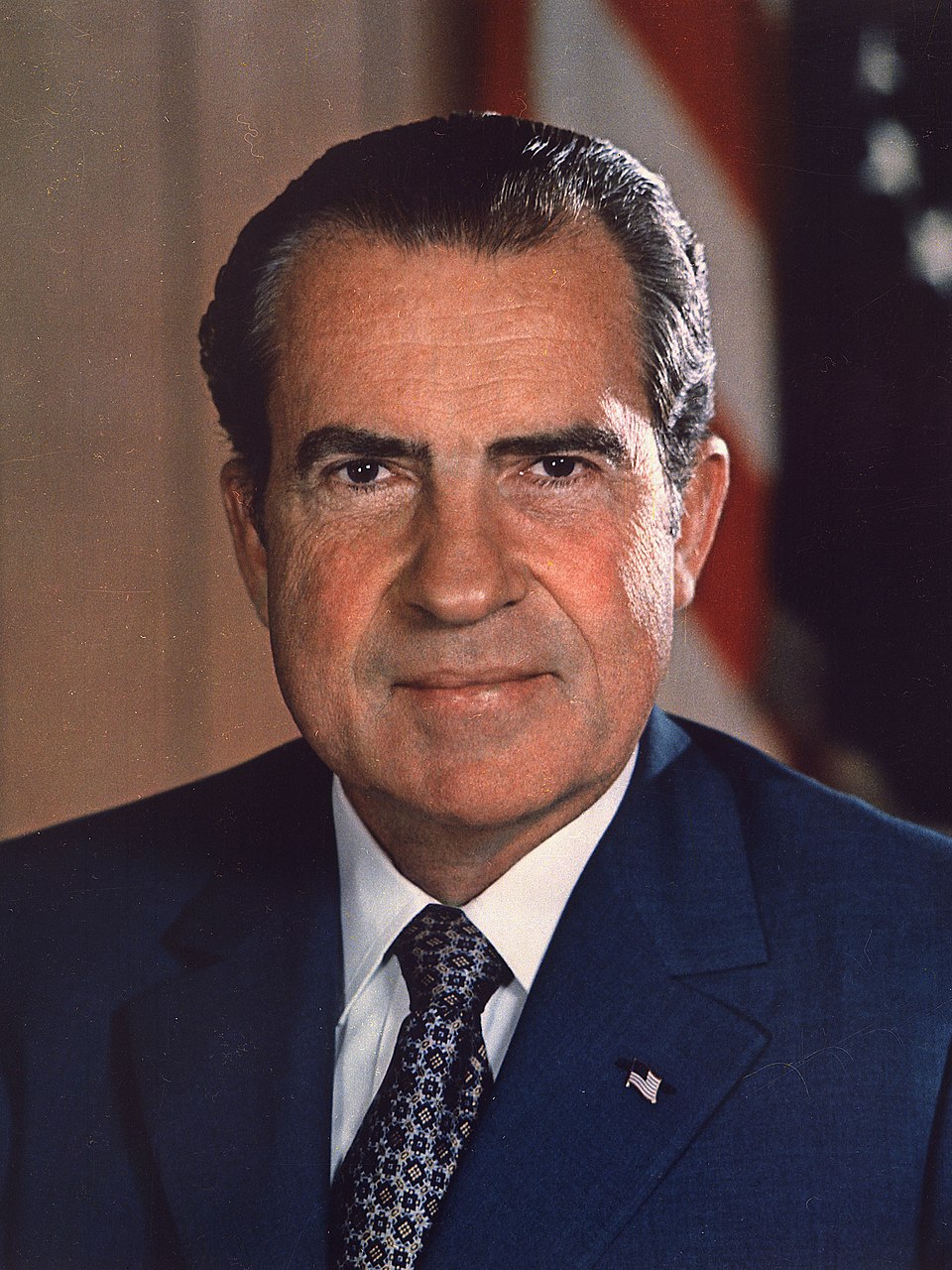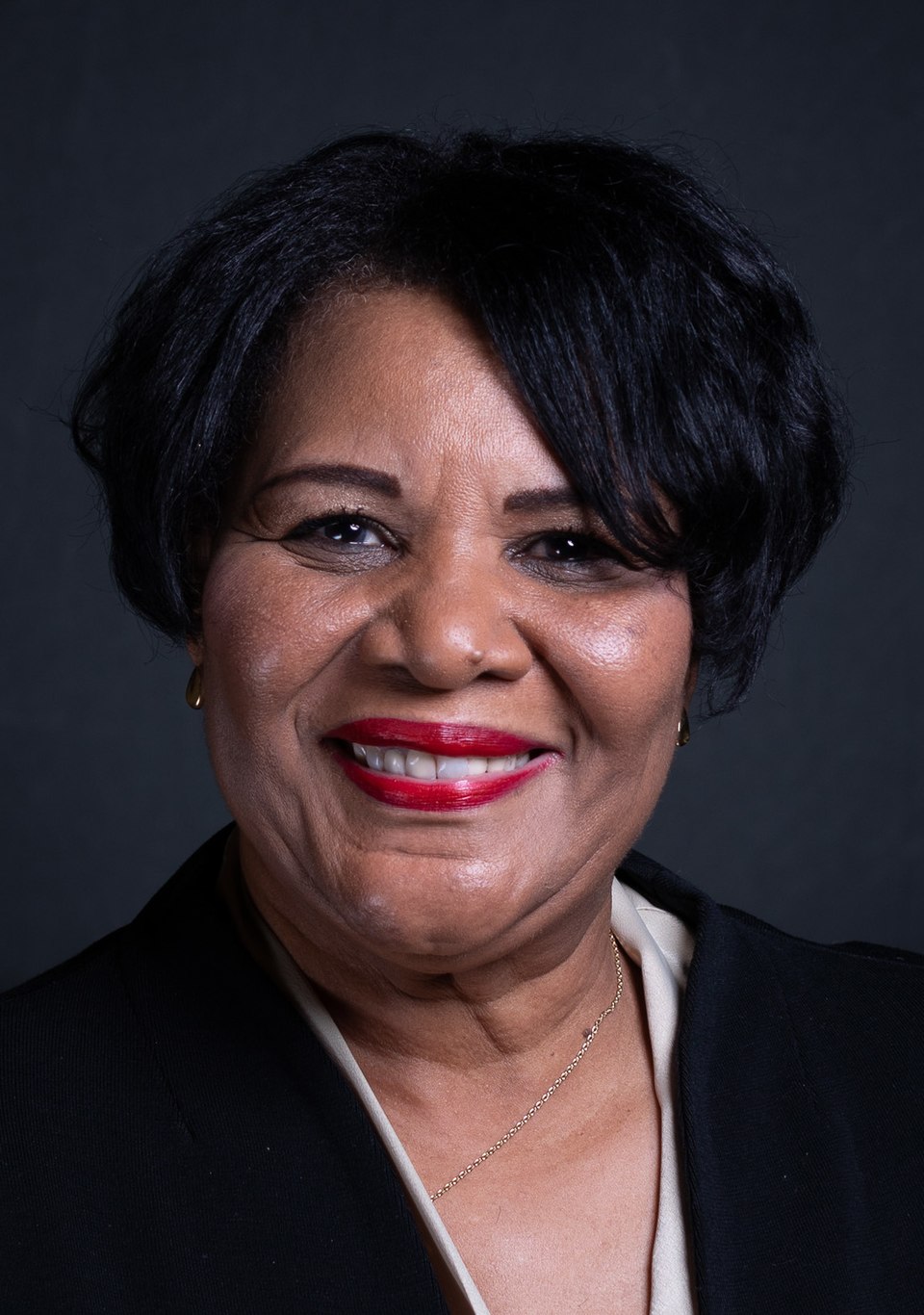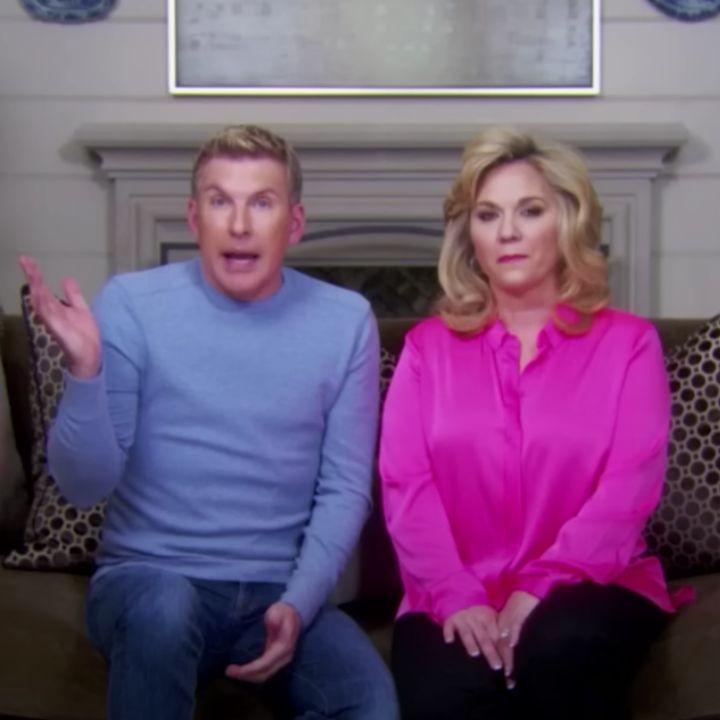The presidential pardon is one of the most potent and controversial powers granted to the President of the United States. Rooted in Article II, Section 2 of the Constitution, this authority allows the president to grant clemency for federal offenses, effectively erasing convictions or commuting sentences. Over the years, this power has been exercised in various ways, from acts of mercy to politically charged decisions. Here’s a look at 10 notable instances where individuals received presidential pardons, shedding light on the complexities and implications of this executive privilege.
Presidential Pardons Over The Years

1. Richard Nixon
In the wake of the Watergate scandal, President Gerald Ford granted a full and unconditional pardon to his predecessor, Richard Nixon, on September 8, 1974. This decision aimed to heal the nation but sparked widespread controversy and criticism. Ford believed that prolonging Nixon’s legal battles would only deepen national divisions. The pardon effectively ended any potential prosecution against Nixon for crimes he might have committed during his presidency. Ford’s approval ratings suffered, and the move likely contributed to his loss in the 1976 election.
2. Patty Hearst
Heiress Patty Hearst became infamous after being kidnapped by the Symbionese Liberation Army in 1974 and later participating in a bank robbery with her captors. She was convicted and sentenced to seven years in prison. President Jimmy Carter commuted her sentence in 1979, citing her ordeal and the belief that she had been coerced. Later, President Bill Clinton granted her a full pardon on his last day in office in 2001. Hearst’s case remains a notable example of the complexities surrounding victimhood and criminal responsibility.
3. Marc Rich
Financier Marc Rich fled the U.S. to avoid prosecution on charges of tax evasion, fraud, and trading with Iran during the hostage crisis. Despite being a fugitive, he received a presidential pardon from Bill Clinton in 2001. The pardon was highly controversial, as Rich’s ex-wife had made significant donations to the Democratic Party and the Clinton Library. Critics accused Clinton of favoritism and undermining the justice system. The incident led to congressional investigations and calls for reforming the pardon process.
4. Scooter Libby
Lewis “Scooter” Libby, former chief of staff to Vice President Dick Cheney, was convicted in 2007 of perjury and obstruction of justice in the Valerie Plame CIA leak case. President George W. Bush commuted his 30-month prison sentence but did not grant a full pardon. In 2018, President Donald Trump issued a full pardon to Libby, stating that he had been “treated unfairly.” The move was seen by some as a message to allies facing legal troubles. Libby’s case underscores the political dimensions that can influence presidential pardons.
5. Alice Marie Johnson

Alice Marie Johnson was serving a life sentence without parole for nonviolent drug offenses when her case gained national attention. Advocated by Kim Kardashian West, her plight reached President Trump’s attention. In 2018, Trump commuted her sentence, and in 2020, he granted her a full pardon. Johnson’s story highlighted issues of sentencing reform and the potential for second chances. Her release was celebrated as a victory for criminal justice advocacy.
6. Jack Johnson
Jack Johnson, the first African American heavyweight boxing champion, was convicted in 1913 under the Mann Act for transporting a white woman across state lines. The conviction was widely regarded as racially motivated. In 2018, after years of advocacy, President Trump posthumously pardoned Johnson. The pardon aimed to correct a historical injustice and was supported by figures like Sylvester Stallone and Senator John McCain. It served as a symbolic gesture acknowledging past racial discrimination.
7. Michael Flynn
Former National Security Advisor Michael Flynn pleaded guilty in 2017 to lying to the FBI about his contacts with the Russian ambassador. After a tumultuous legal process, President Trump granted him a full pardon in November 2020. The decision was met with mixed reactions, with supporters citing prosecutorial overreach and critics viewing it as undermining the rule of law. Flynn’s pardon was part of a series of clemency actions taken by Trump during his final months in office. The case remains emblematic of the contentious nature of presidential pardons.
8. Dinesh D’Souza
Conservative commentator Dinesh D’Souza was convicted in 2014 for making illegal campaign contributions. He was sentenced to five years of probation, including eight months in a halfway house. In 2018, President Trump pardoned D’Souza, stating that he had been “treated very unfairly by our government.” The pardon was praised by some as correcting an excessive punishment and criticized by others as politically motivated. D’Souza’s case illustrates how pardons can intersect with ideological affiliations.
9. Chelsea Manning
Chelsea Manning, a former Army intelligence analyst, was convicted in 2013 for leaking classified documents to WikiLeaks. She was sentenced to 35 years in prison, the longest sentence ever imposed for such a leak. In 2017, President Barack Obama commuted her sentence, citing the disproportionate nature of the punishment. Manning’s release sparked debates over national security, transparency, and whistleblower protections. Her case remains a focal point in discussions about the balance between government secrecy and public interest.
10. Todd and Julie Chrisley

Reality TV stars Todd and Julie Chrisley, known for their show “Chrisley Knows Best,” were convicted in 2022 for bank fraud and tax evasion. They were sentenced to a combined 19 years in prison. In May 2025, President Trump granted them full pardons, citing what he described as “pretty harsh treatment.” The pardons were controversial, with critics arguing they reflected favoritism towards celebrities. The Chrisleys’ case highlights concerns about equity and consistency in the application of presidential pardons.
Reflecting on the Impact of Presidential Pardons
Presidential pardons have the power to correct injustices, offer second chances, and address historical wrongs. However, they can also stir controversy, especially when perceived as politically motivated or favoring the influential. These ten cases illustrate the diverse reasons and circumstances under which pardons are granted. As society continues to grapple with issues of justice and fairness, the use of this executive power remains a topic of significant public interest and debate. Understanding these pardons provides insight into the broader implications of clemency in the American legal system.
What are your thoughts on the use of presidential pardons? Do you believe they serve justice or undermine it? Share your opinions in the comments below!
Read More
5 Movies Over 4 Hours Long That Are Totally Worth It
5 Reality Shows That Are Mostly Real
The post 10 Famous People Who Have Received Presidential Pardons appeared first on Plunged in Debt.







